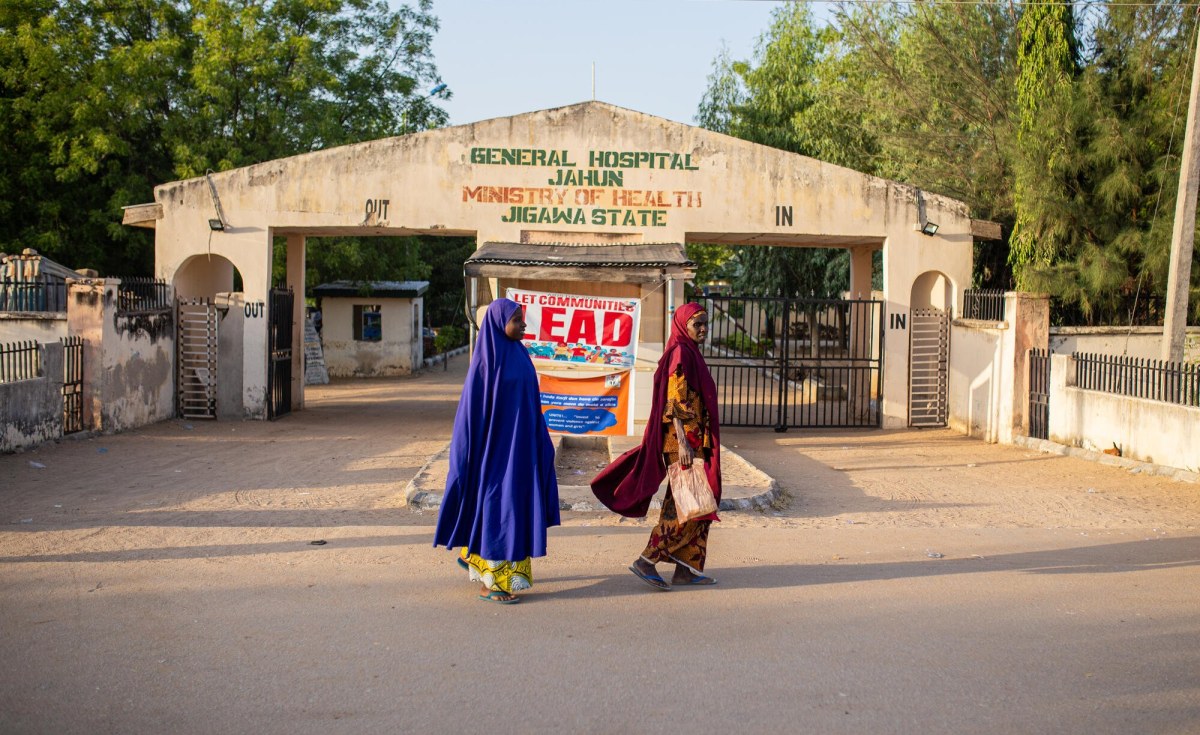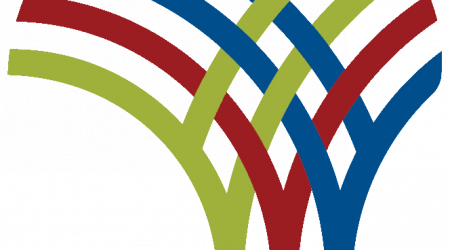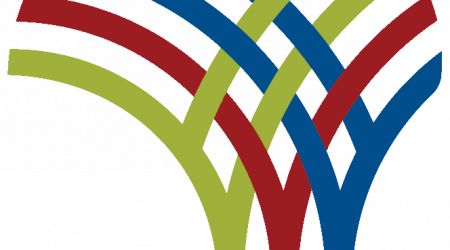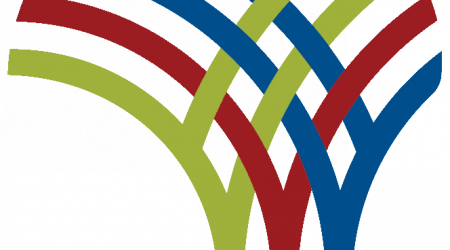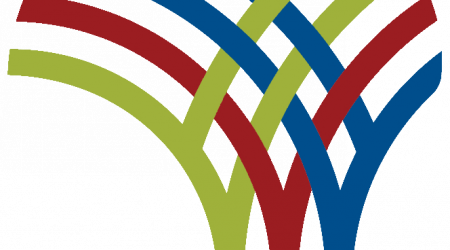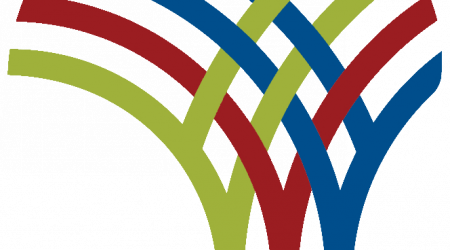In a remote African village, imagine a woman–Nora–is pregnant with her first child. The nearest health center is hours away, but between prenatal visits, a community health worker checks in with her frequently to ensure the pregnancy progresses smoothly. Once Nora safely delivers her baby, the health worker continues to monitor mother and child, updating health records, including immunizations, using a digital platform that feeds information back into a national health data system. When supplies required by mothers, babies and other community members are low, medical drones quickly deliver the necessary products based on the data inputted by health workers.
This vision is a strong primary health care (PHC) system in action, capable of delivering 90% of vital interventions required for universal health coverage. Unfortunately it is not yet a reality for many, but with strong political will, progressive health policies and strategic investment, it can be.
If we do it right, we can reimagine health care delivery in Africa and make essential health services available to the hundreds of millions of people across the continent who still lack access today, ensuring present and future generations have a better shot at living healthier, more prosperous lives.
The time to act has never been more critical. Global health goals are stalling, health inequities are widening and the increasing impacts of climate change risk setting back the tenuous progress that has been made.
In the face of these challenges, current strategies need rethinking. Today, many countries take a “one-size-fits-all” approach that fails to deliver quality, timely health care that meets the needs and preferences of the hardest-to-reach communities. By shifting away from this approach and toward what we call “Responsive” PHC, we can create systems that prioritize the needs of communities to accelerate progress toward health for all.
Building available, adaptable, responsive health systems
The first characteristic of Responsive PHC systems is that they are available when needed, even for the hardest-to-reach communities. Despite improvements in access to health care over the past few decades, many rural communities are still unable to reach health facilities within the two-hour threshold recommended by the World Health Organization.
Reinforcing the community health workforce through skills training, access to essential tools and innovative technologies could help bridge this gap and ensure that even the most remote areas receive timely and comprehensive care. In countries like the Democratic Republic of Congo, for example, drones are used to bypass geographical and transportation barriers and improve access to health products, while community health workers are deployed in communities at the last mile.
Secondly, Responsive PHC systems are adaptable. For instance, in regions prone to flooding, health systems must be ready with vaccines and medicines to prevent and treat diseases caused by poor sanitation, like cholera, while continuing to provide routine health services. By adapting to the unique challenges of each community, health care systems can deliver more effective and relevant services to the people who need them. This will be especially important as climate change increasingly puts additional strain on health systems, increases the burden of infectious diseases and disrupts supply chains and infrastructure.
Finally, Responsive PHC systems routinely factor in and respond to community preferences by regularly gathering and incorporating feedback and data on health service delivery from health workers, patients and marginalized groups. This approach can help governments build trust in the health system and increase uptake of health services by equitably providing the services and information communities need and want.
Countries like Malawi have taken important steps in this direction, including by implementing a routinized national client satisfaction survey and establishing a comprehensive community health worker program. But the key to success will be in harmonizing these efforts with other routine data collection and ensuring that the insights collected lead to concrete action. Without this, health systems run the risk of widening inequities in access to care and in health outcomes.
Against the backdrop of a rapidly growing population with ever-evolving, unique health needs, Responsive PHC stands as one of the surest pathways to attaining UHC.
While countries like Kenya and Seychelles have made bold commitments to strengthen PHC through the establishment of Primary Health Care Networks and National Health Strategic Plans, respectively, building health systems that are available, adaptable and responsive will require stronger political will, action and accountability to design and deliver health systems with the needs of communities—especially the under-reached—at heart. This starts with investment in the community health workforce, the collection and use of real-time data and insights to inform changes to the health system, and mechanisms that incentivize better health performance by responding to the needs and preferences of under-reached communities.
The time for action is now. By adopting Responsive PHC as the standard in health care design and delivery throughout Africa, we can ensure that stories like Nora's become the norm rather than the exception for millions of people across the continent.


















